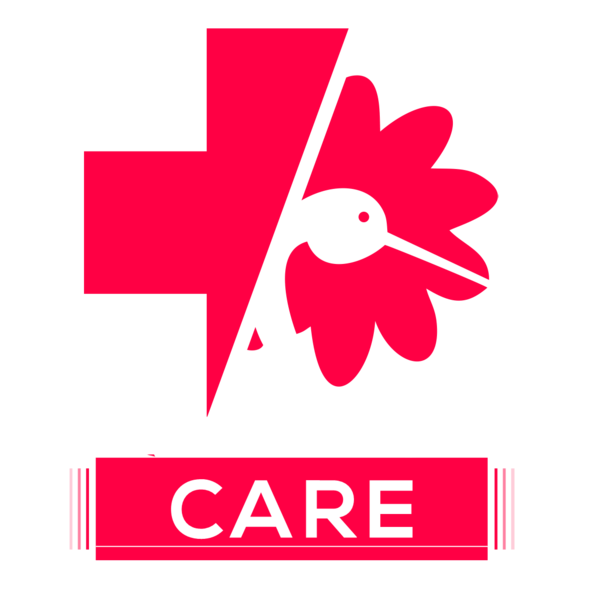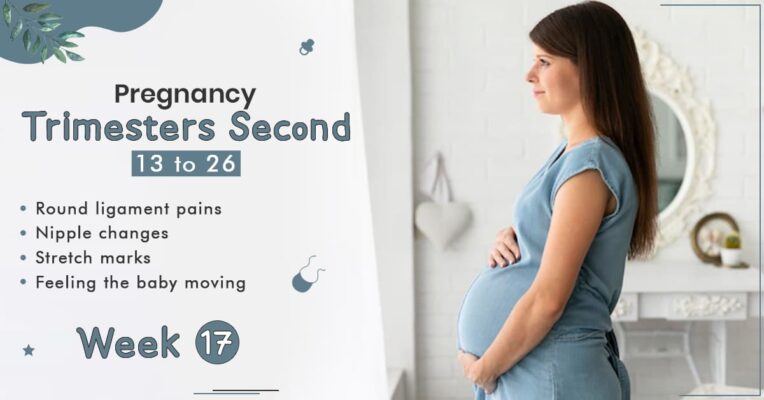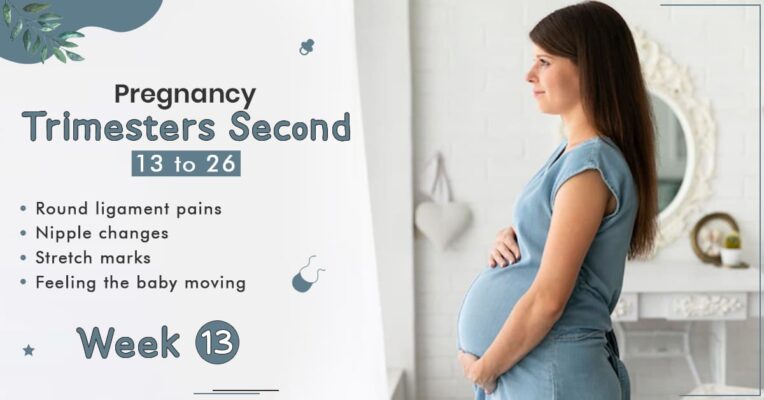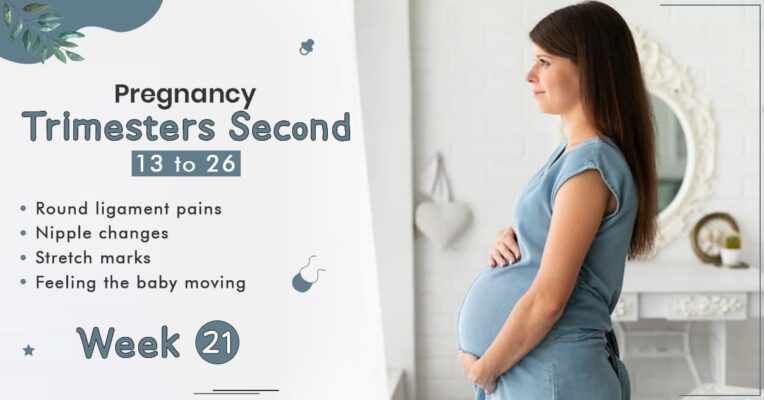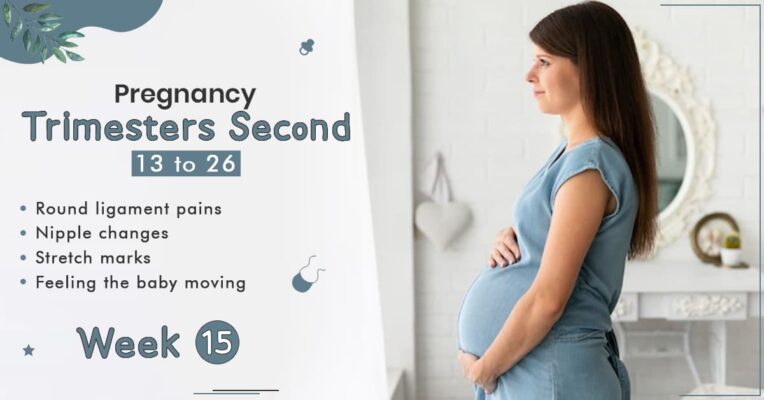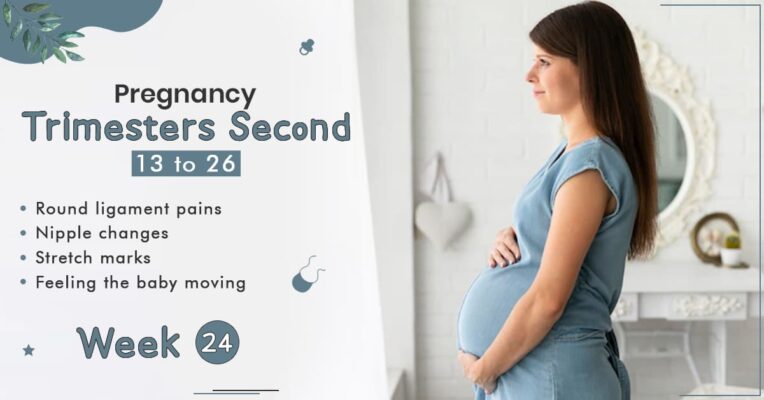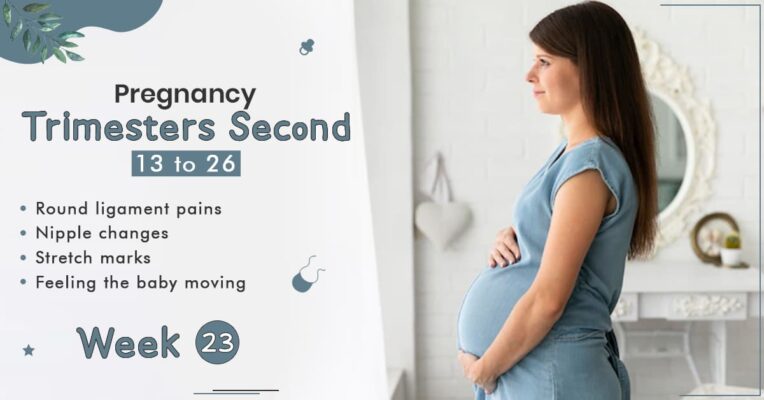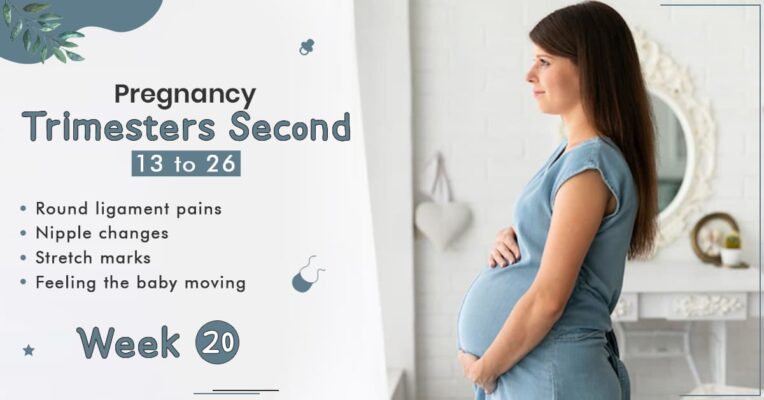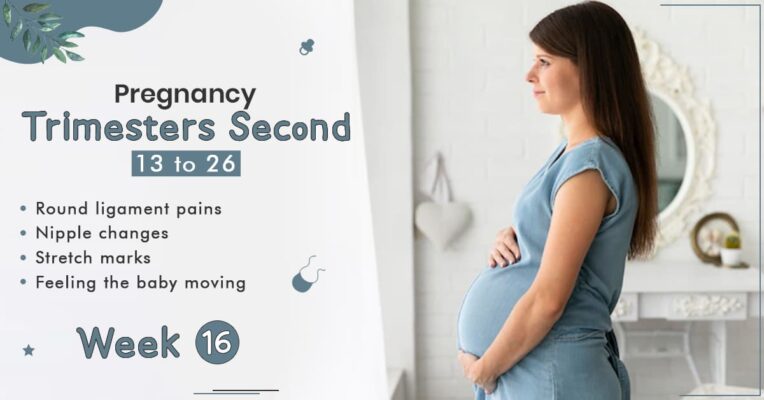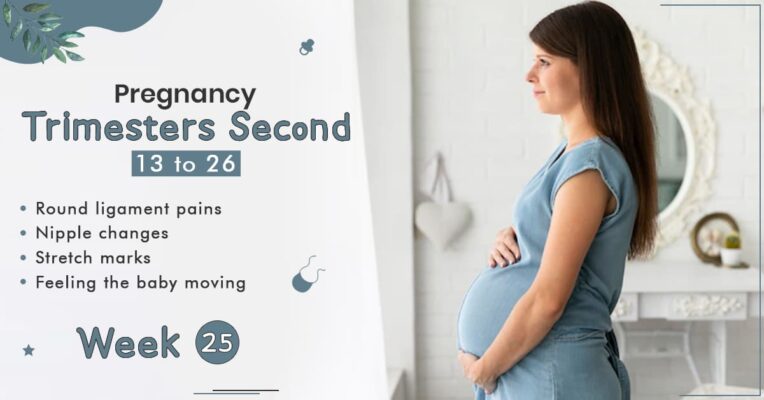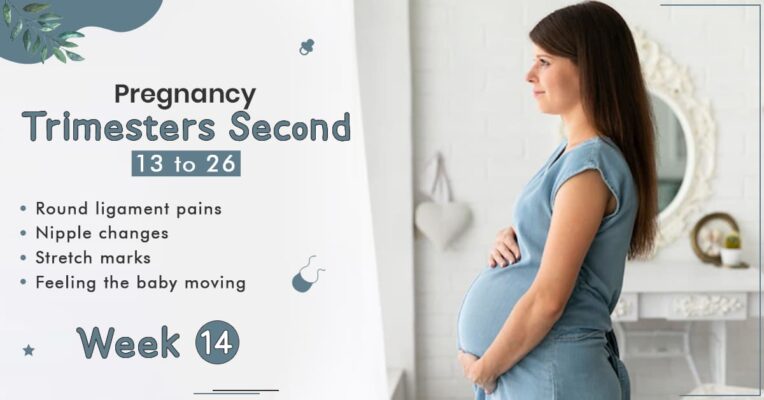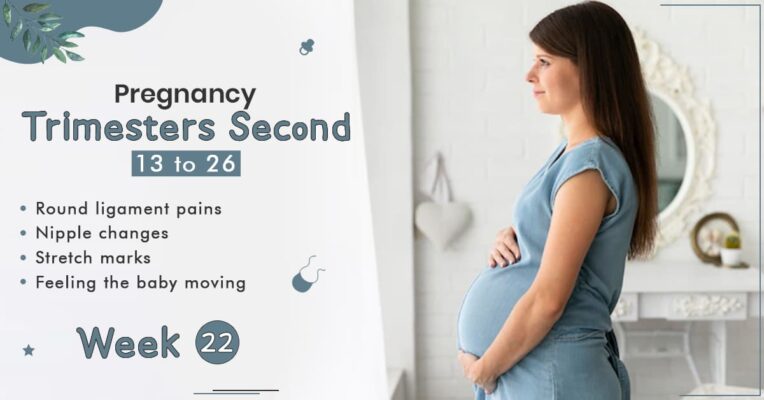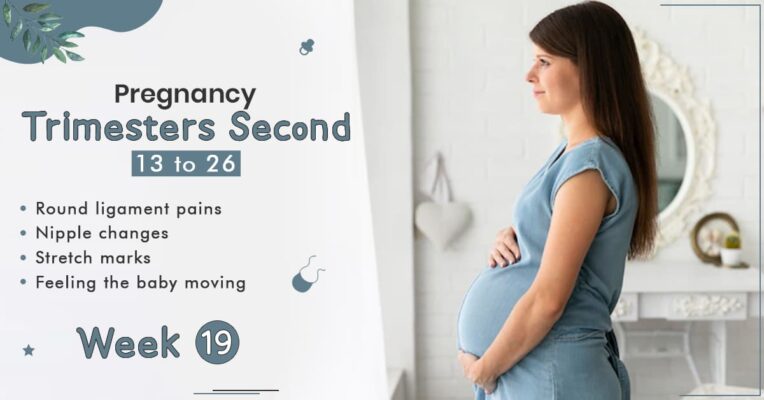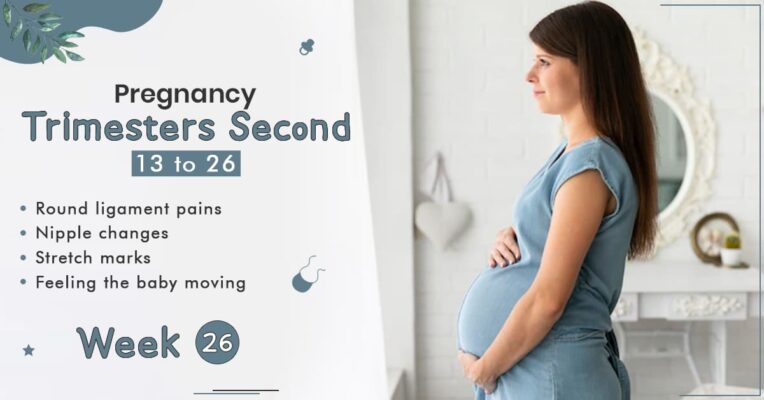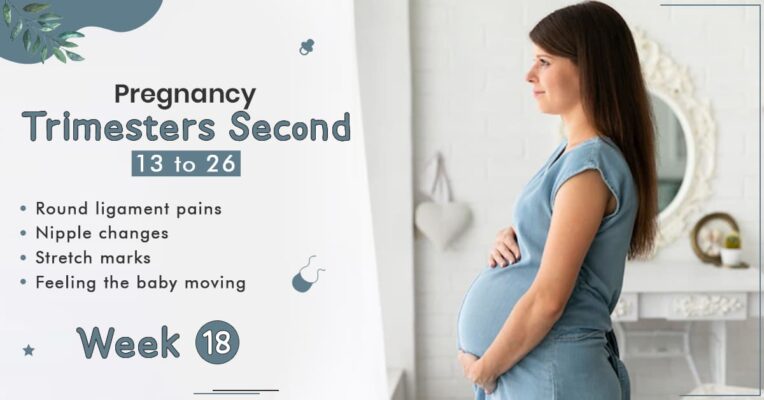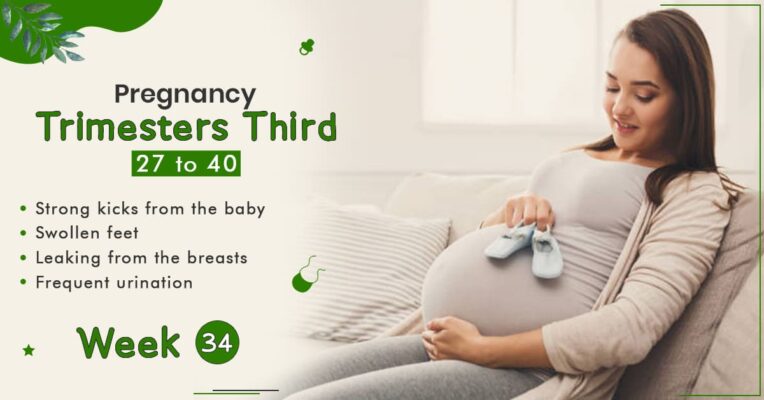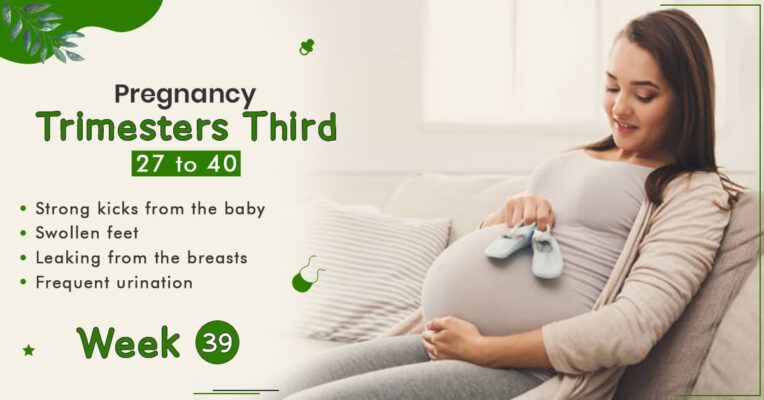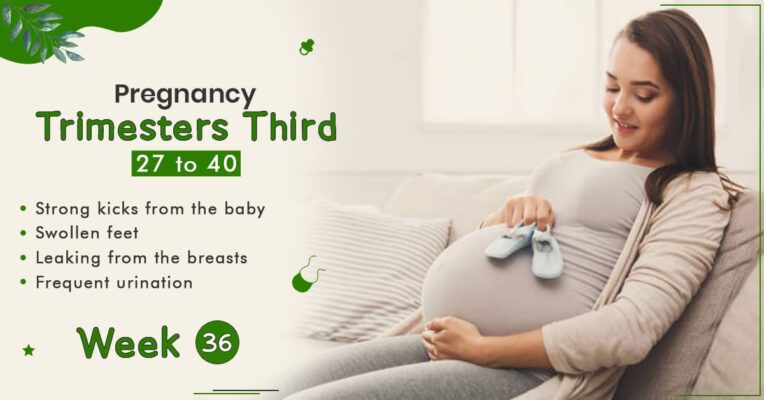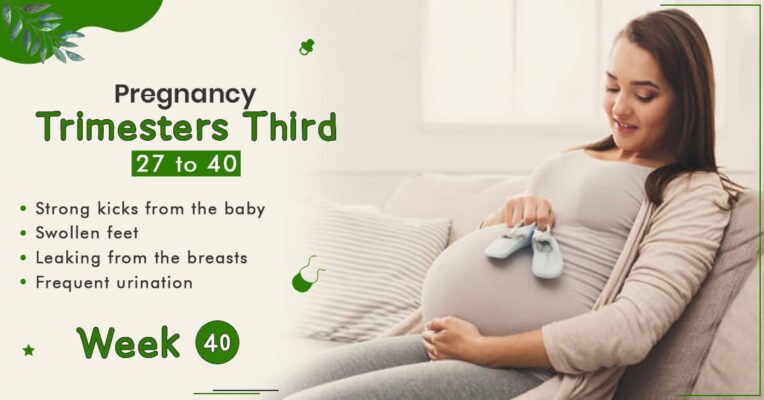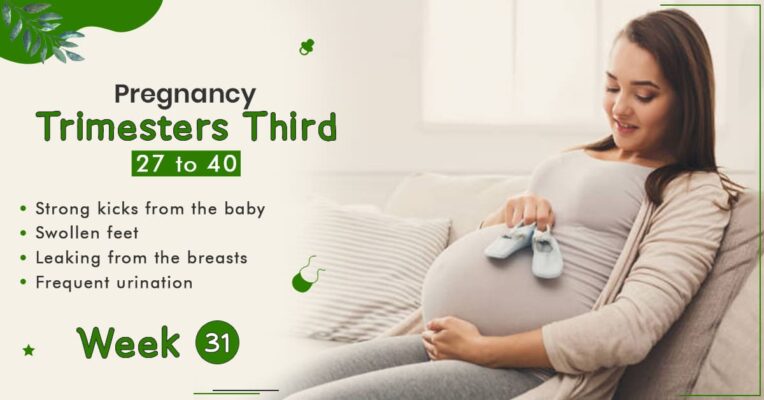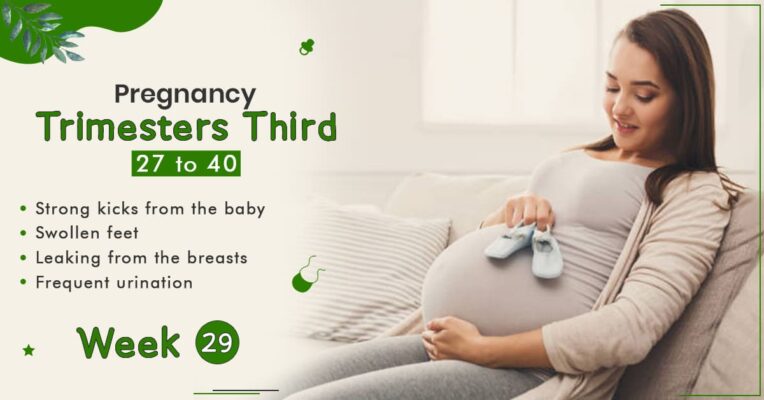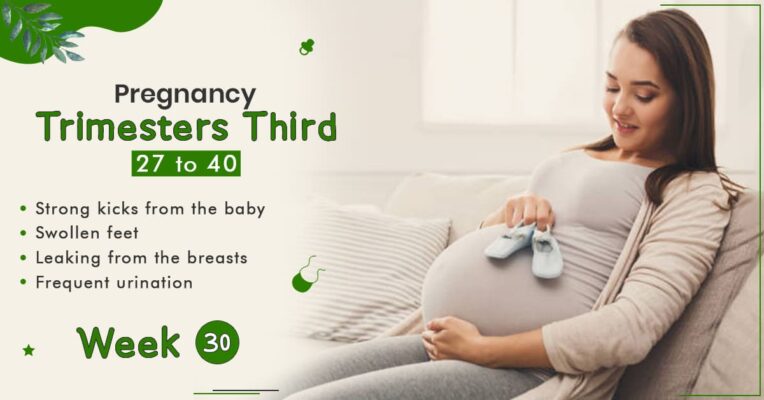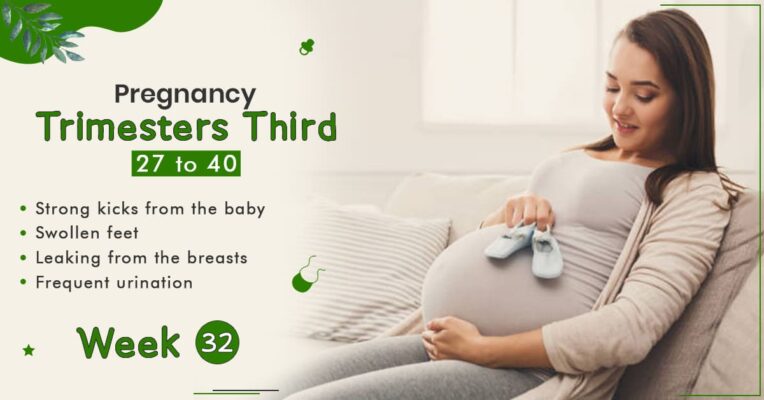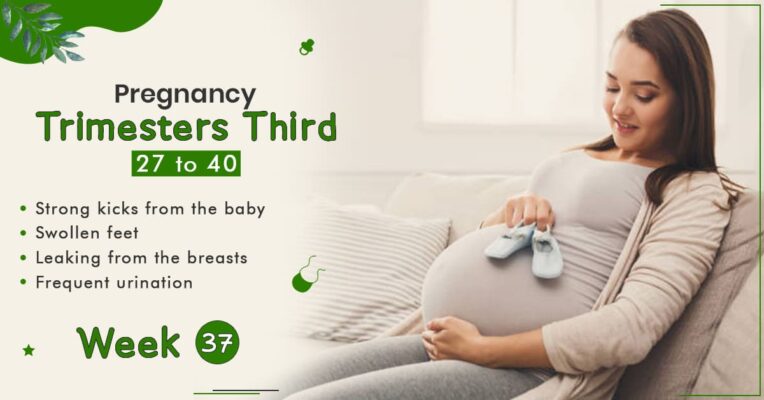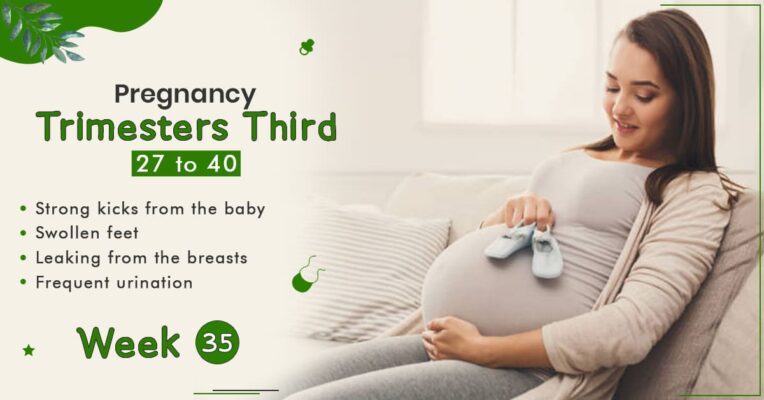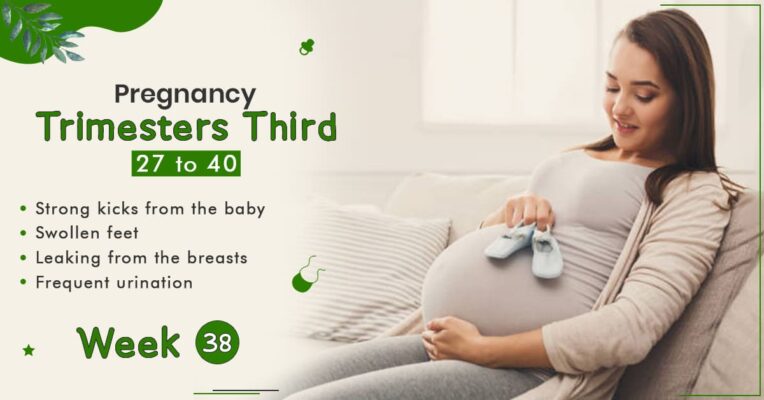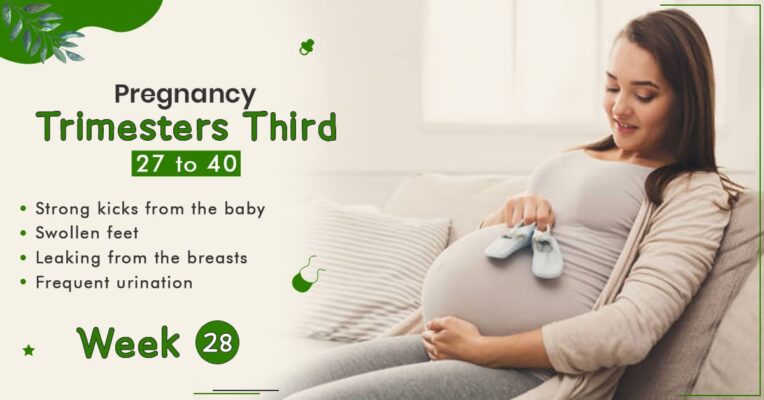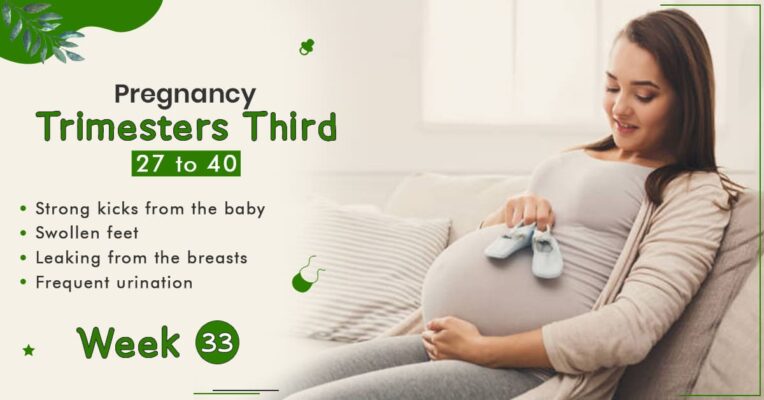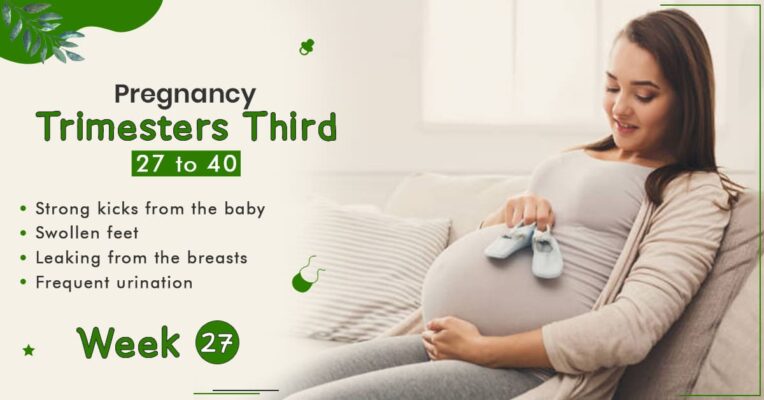
Did You Know About These Diet Routines for Each of Your Trimesters?
If you’re expecting a baby, it’s important to eat the right foods and take in plenty of healthy vitamins, minerals, and proteins during each trimester. You need these nutrients to support your baby’s development and ensure you’re getting enough calories to keep up with your body’s growing needs. It can be hard to plan out your diet each trimester, but this trimester-by-trimester diet plan will help you make healthy choices during pregnancy.
First Trimester (1-12 Weeks)Read More +
The first trimester is also called your vulnerable or at-risk trimester for a good reason. The chance of miscarriage is about 13 per cent during weeks one through 12 of your pregnancy, but it’s still a good idea to eat a healthy diet. While some women might be tempted to indulge their cravings, that’s not a wise move. Folic acid plays an important role in preventing congenital disabilities. Studies have shown that women who take prenatal vitamins during their first trimester may reduce their chances of having a baby with congenital disabilities.
Plus, an ample supply of nutrients like folic acid will support you and your developing baby later in pregnancy. So, what should you eat? Here are some tips: Eat small meals often. Eating three or four times a day will help keep your blood sugar levels steady and prevent nausea. Avoid certain foods. If you’re prone to morning sickness, steer clear of anything too spicy (or anything else that could trigger nausea). Also, avoid raw fish, undercooked meat and poultry, caffeine (including chocolate), alcohol and carbonated beverages. Eat iron-dense foods such as lean red meat; spinach; beans, lentils; tofu; nuts; raisins, apricots and prunes. Include iron-fortified cereals; iron supplements if prescribed by your doctor. Don’t forget calcium!
Second Trimester (13-26 Weeks)Read More +
Start slowly. You might have some good reasons to gain weight during your second trimester, like being pregnant with twins. But don’t forget that most women, not just those carrying multiple babies, should gain between 25 and 35 pounds by their 20th week of pregnancy. Try to gain steady throughout your second trimester. Don’t put on five pounds one week and nothing for a month. Consume plenty of essential healthy foods like fruits and green vegetables. You can also include whole grains, less-fat dairy products, lean proteins etc in your routine. A prenatal vitamin supplement is also key for pregnant women. Your doctor will be able to tell you which one is best for you if you’re not sure what type to buy.
Third Trimester (27-40 Weeks)Read More +
You’ll feel very happy about your growing baby bump during your third trimester. You may want to celebrate by eating for two and indulging in a bit of dessert! But watch out; you don’t want to gain too much weight in your third trimester. Some women put on extra pounds during pregnancy, but they have a hard time losing that weight after giving birth.
Final Thoughts
If you’re at your ideal weight before getting pregnant, it’s best to stay there throughout your pregnancy. When it comes time to give birth and lose all that excess baby fat, you won’t be starting from scratch. Instead, maintain a healthy diet with plenty of fruits and vegetables (and no sweets) throughout your entire pregnancy so that after delivery, you can get back into shape fast. If you are overweight before getting pregnant or carrying twins or more babies, talk with your doctor about how many calories per day are safe to consume while pregnancy..





